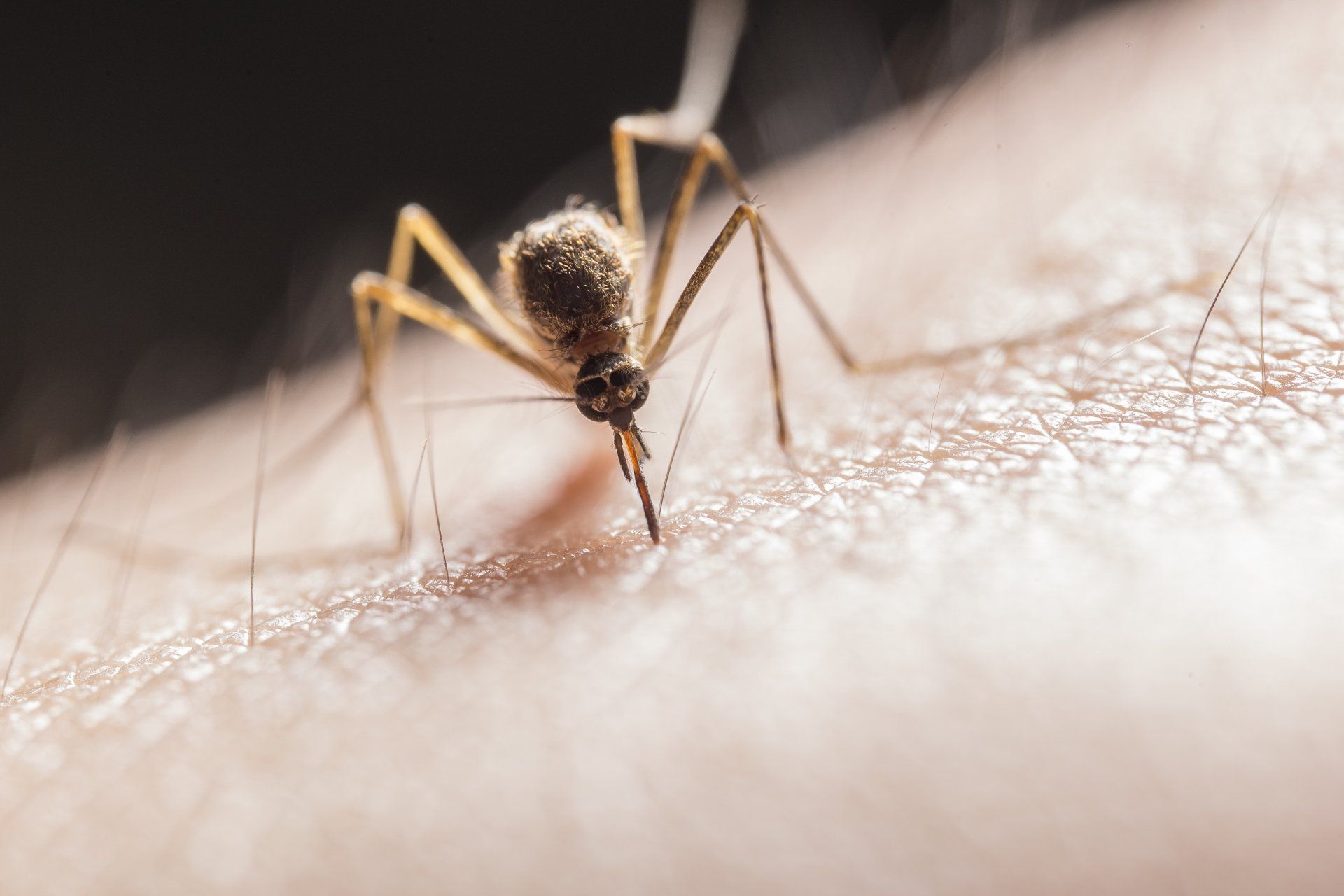CBD: Is it true or just a trend?
CBD: Is it true or just a trend?
It's easy to see CBD oil ads on TV, in magazines, or driving down the highway. What is CBD oil? Is it safe to use? Is it able to do what it says? Are there any side effects? Is it addictive? Continue reading to learn more about the facts and find out what's not yet known.
What is CBD oil, you ask?
CBD oil is also known as cannabidiol, which is a type of cannabinoid chemical that is found in cannabis plants. CBD oil is often misunderstood as being made solely from cannabis plants. However, most CBD products, especially those sold online, are made from hemp plants.
What is the difference?
Although both marijuana and hemp are similar in many aspects, the most notable difference between them is that marijuana contains more than 0.3% THC while hemp has less than 0.3%. You may be wondering what THC is. It's the part of marijuana that causes psychoactive reactions in your brain. Also known as what gets you high. Under very specific conditions, marijuana can be grown for both medical and recreational purposes. To reduce the THC content, it is grown indoors. Hemp can be grown in the USA for many consumer goods, including paper, clothing, paper, biofuels, bioplastics, dietary supplements, cosmetics, and food. To prevent fertilization, hemp grown for CBD oil extraction is also grown indoors. Both hemp and marijuana can be used to make CBD oil. Only the female plants will be used.
What is CBD oil good for?
- Anxiety: CBD may alter the brain's response to serotonin, which can lead to better sleep, stress reduction, and improved symptoms of PTSD.
- Seizure treatment
- Neuroprotector: CBD may alter brain receptor CB1, which could help with multiple sclerosis, Alzheimer's disease, and post-stroke deficits. It may also be due to the brain's anti-inflammatory effects.
- Pain management: CBD may alter the brain's pain receptors, which could help with arthritis, chronic issues, and muscle injuries as well as pain from multiple sclerosis. The anti-inflammatory properties and pain management capabilities of CBD could also explain this.
- Acne Treatment
- Treatment for cancer: Early research has shown that CBD may prevent the growth of certain types of cancer cells by decreasing their ability to reproduce. These claims are not supported by the National Cancer Institute at this time.
Is the FDA in agreement?
The FDA has not approved CBD oil for medical conditions at this time. It doesn't matter if it is made from hemp or marijuana.
What is the best way to use CBD?
Oral route: tinctures, edibles, capsules, powder
- Peak levels: 1-6 Hours
- Long term use is best because it's active for the longest time
- Because it is fat-soluble, it works best when taken with a full stomach
- Drug interactions can occur with other medications
Sublingual/Buccal: tinctures
- Put it under the tongue or cheeks, where it is absorbed into the bloodstream via the capillaries.
- Peak levels: 0.5-5 Hours
- Increased absorption after eating recently due to chewing increasing blood circulation to the mouth
- To increase absorption, keep the mixture in your mouth for at least 90 seconds.




